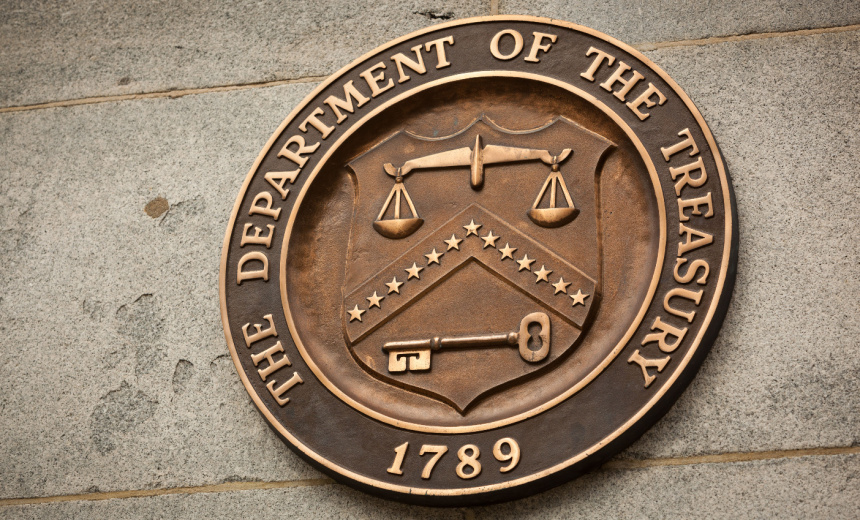Cryptocurrency Fraud
,
Finance & Banking
,
Fraud Management & Cybercrime
Cambodian Firm Worked Directly With North Korea, Say US Officials

A Cambodian company at the center of Southeast Asian cybercrime is officially banned from the dollar settlement system, the U.S. Department of Treasury said Tuesday.
See Also: The Healthcare CISO’s Guide to Medical IoT Security
The Huione Group consists of a large illicit online marketplace, a money laundering service and a cryptocurrency trading platform for its own brand of stablecoin. The U.S. Department of Treasury set in motion earlier this year a process for banning the company from access to the dollar financial system – an effort that concluded with Tuesday’s publication of a final rule.
Treasury said Huione Group laundered at least $4 billion in illicit proceeds between August 2021 and January 2025, including $300 million in virtual currency tied to various scams and $36 million from investment fraud schemes. U.S. losses to online investment scams have surged in recent years, exceeding $16.6 billion.
The group has no direct relationship with U.S. financial institutions, Treasury acknowledged, stating that it accesses U.S. dollars through nested correspondent account relationships outside the United States. The burden to U.S. financial institutions on conducting due diligence on foreign correspondent account holders “will be minimal,” the department added.
The rule’s finalization came on the same day Treasury sanctioned a Cambodian multinational conglomerate with connections to the ruling political party for perpetuating romance scams, also known as “pig butchering” cons (see: Cambodian Conglomerate a ‘Pig Butchering’ Outfit, Says US).
The Huoine Group is “widely regarded as the connective tissue of Cambodia’s massive elite-driven scam industry,” concluded a May 2025 report on Cambodian transnational crime from British firm Human Research Consultancy.
Blockchain analysis by Treasury showed Huione Group acting as a middleman for North Korea, handling cryptocurrency stolen by the secretive regime including $35 million worth of funds stolen by Lazarus Group hackers in May 2024 from Japanese cryptocurrency exchange DMM. Most likely, Huione Group converted the stolen cryptocurrency into fiat currency.
The firm worked directly with North Korea’s Reconnaissance General Bureau, Pyongyang’s primary foreign intelligence organization, Treasury said. North Korea has stolen roughly $3 billion worth of cryptocurrency between 2017 and 2023, money it used to bolster development of weapons of mass destruction and inject hard currency into its moribund economy.
In the months between Treasury’s proposal of special measures for Huione Group and their Tuesday imposition, a law firm representing subsidiary Huione Pay contacted Treasury. It said that Huione Pay is independent of Huione Group, an assertion Treasury said carried “no factual support.”
Huione Pay disappeared from the Cambodian Ministry of Commerce list of registered businesses in late July. The subsidiary allowed users to trade cryptocurrency on different blockchains and to convert cryptocurrency into fiat currencies. Its website went dark on July 30. Huione Group previously operated eight domestic branch locations in Cambodia.
